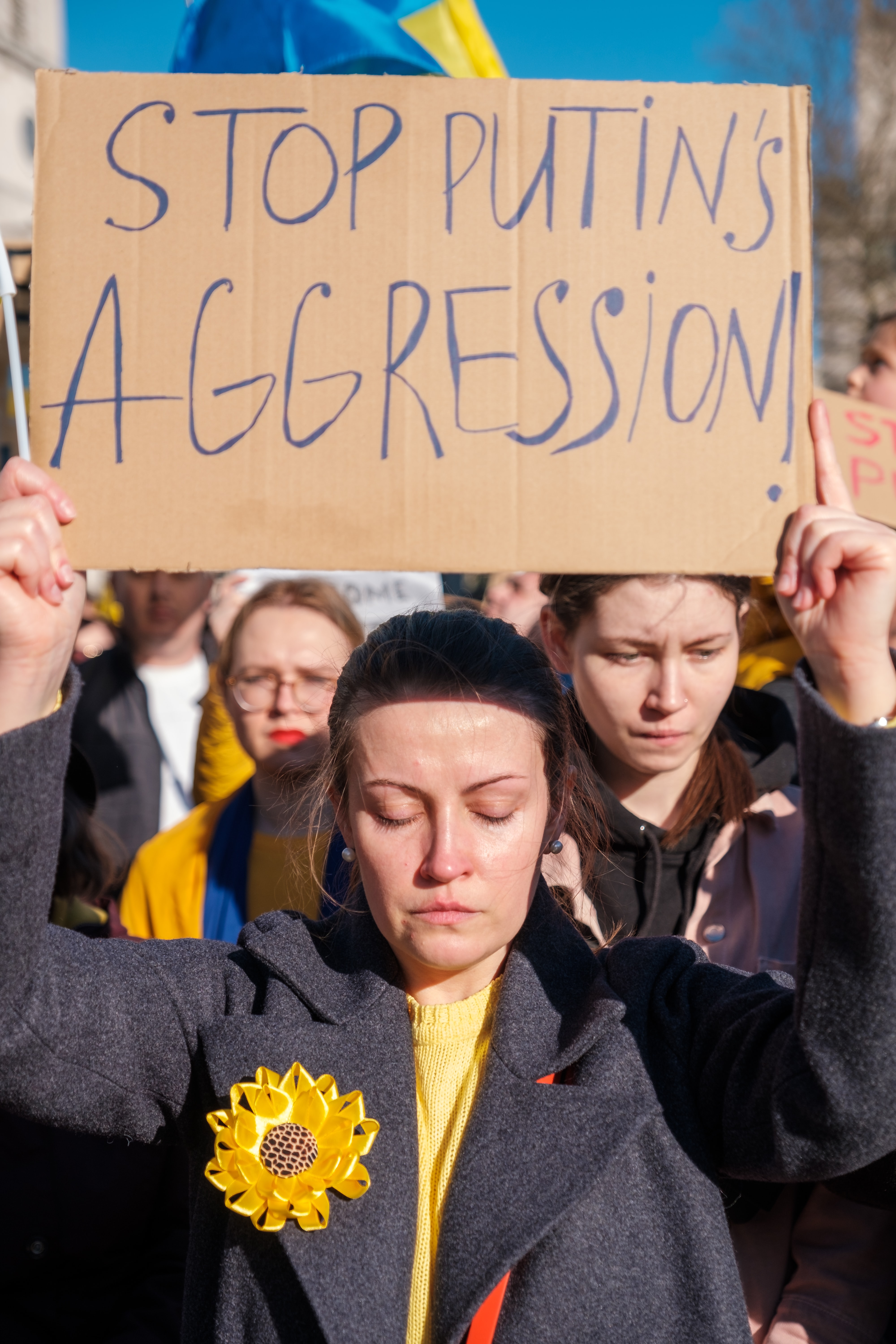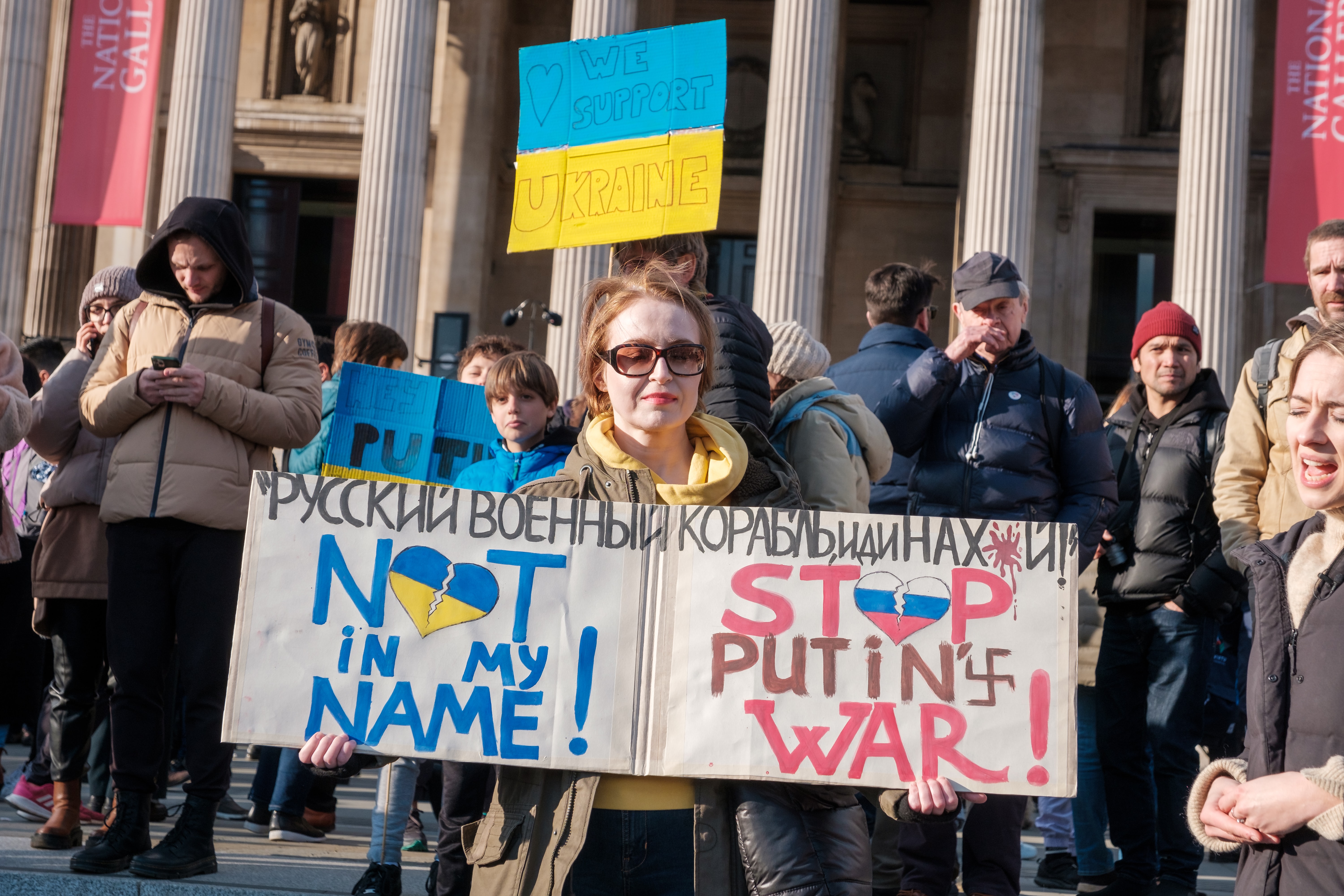Organisations around the world are assessing their governance and risk exposure as the west uses sanctions in larger scale than seen in recent history. The challenges organisations face with sanctions risk and compliance are varied and
numerous, from the operational challenge of screening vast numbers of third parties to the investigative challenge of identifying individuals or entities who are currently sanctioned or could be subject to sanctions in the future. Keeping up with changes in sanctions regimes is a time-consuming and difficult task and can result in costly enforcement actions, further impact your company’s international risk exposure.
So what can business leaders do to manage this risk?
- Consider due diligence, and data analytics, to evaluate an acquisition target’s or distributor’s exposure to sanctioned countries and entities
- Country risk assessments including the breadth and enforcement history of sanctions, and advice on how to do business in countries where sanctions regimes are changing
- Mapping of sanctioned entities’ and individuals’ business interests in a given sector or country so you can proactively control your exposure to these risks
Developing and implementing sanctions compliance programs that build
on guidance from governments and the lessons learnt from enforcement
cases relevant to your industry, will significantly improve your risk resilience and help you avoid the next crisis.

At just over a year into the Biden administration, sanctions legislation has
become more targeted, less open to legal challenge, and to an extent, easier
to apply and interpret. Our guests on The International Risk Podcast have commented on the shift back to multilateral coordination and an increase in dialogue around mitigating the unintended economic and political impacts of sanctions, particularly for humanitarian actors.
The EU is another key source of sanctions policy, and to a lesser extent,
enforcement. Despite the perennial challenge of political consensus, the
EU is increasingly using sanctions as a policy tool of first resort in most
major international crises in order to minimise international risks, with member
states showing a willingness to absorb the economic costs. The relatively
new European Commission has tried to assert Europe’s independent geo-economic power, using sanctions more frequently as a deterrent rather Russia is a remarkable case in point. The EU is also using sanctions to help position itself as a leader in normative values to build risk resilience of member states, and to tackle human rights abuses, addressing corruption on a global scale and, improve environmental issues and minimise the risks of climate change.
At The International Risk Podcast we have observed that the power of new sanctions comes from the ability to weaponize the size and role of the global financial system and global economy. Countries have honed their skills over
the last two decades to more effectively marry this innate economic power with
a nuanced use of financial intelligence, enabling governments to identify
and designate meaningful sanctions targets, reduce threats, and address international risks. Despite their unilateral strength, coordination with allies and partners on policy and implementation has become increasingly necessary to
maintain sanctions effectiveness as the targets have become larger and more
economically sophisticated.

Pingback: Jaroslava Barbieri – The International Risk Podcast